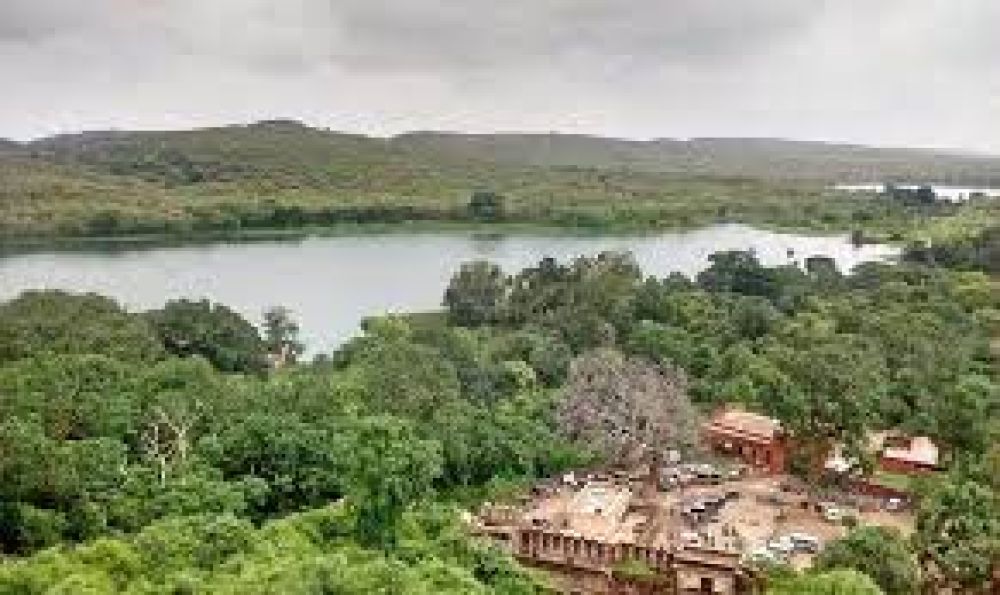

Surwal Lake, a picturesque seasonal wetland, is located in the Sawai Madhopur district of Rajasthan, India, which is also the gateway to the renowned Ranthambore National Park. The history of tourism at Surwal Lake is intertwined with the rise in popularity of Ranthambore as a prime spot for encountering the majestic Bengal tigers in their natural habitat.
Initially, the lake was mostly frequented by local bird watchers and nature lovers. However, as Ranthambore’s fame grew in the latter half of the 20th century, especially after being declared one of the Project Tiger reserves in 1973, Surwal Lake started gaining attention as a spot for observing a variety of migratory birds and the serene landscape.
The surge in eco-tourism during the 1980s and 1990s brought Surwal Lake to the limelight as an offbeat and tranquil destination for tourists visiting the region. The lake started gaining its own space on the itineraries of wildlife enthusiasts and photographers, looking to capture the spectacular sunrise views and the gatherings of avian species.
In recent years, Rajasthan has seen a significant change in the trends of tourism, focusing more on eco-tourism and sustainable travel. Tourists are now looking for experiences beyond the typical wildlife safaris. They are exploring the untouched and lesser-known natural spots of the region, amongst which Surwal Lake is emerging as a hidden gem.
Surwal Lake, primarily a winter destination, is most visited during the months of November to March, when migratory birds flock to its waters. The diversity of birds like Flamingos, Pelicans, Sarus Cranes, and several species of Ducks, creates a vivid mosaic of colours and life, attracting birdwatchers and nature enthusiasts from across the globe.
Responsible tourism is also shaping the way tourists experience places like Surwal Lake. Efforts to minimize human impact and preserve the pristine environment of the lake are apparent through the promotion of guided tours, regulated tourism activities, and informing visitors about the local ecology and conservation methods.
Another trend is the increasing popularity of photography tours. The serene beauty of Surwal Lake at sunrise, with the backdrop of the Aravalli hills, provides perfect conditions and settings for both amateur and professional photographers aspiring to capture the fleeting moments of wilderness.
Lastly, the local community has also seen the benefits of tourism and has been involved in offering traditional Rajasthani hospitality, which includes local homestays, cultural performances, and culinary experiences. This, in turn, has lent a strong hand in boosting community-based tourism and has made visitors’ stays more immersive and meaningful.